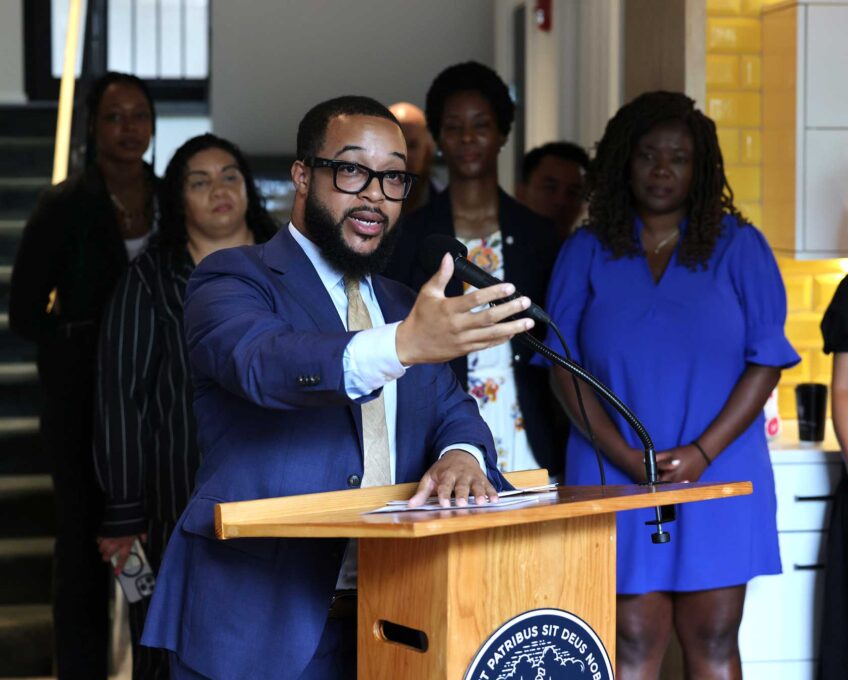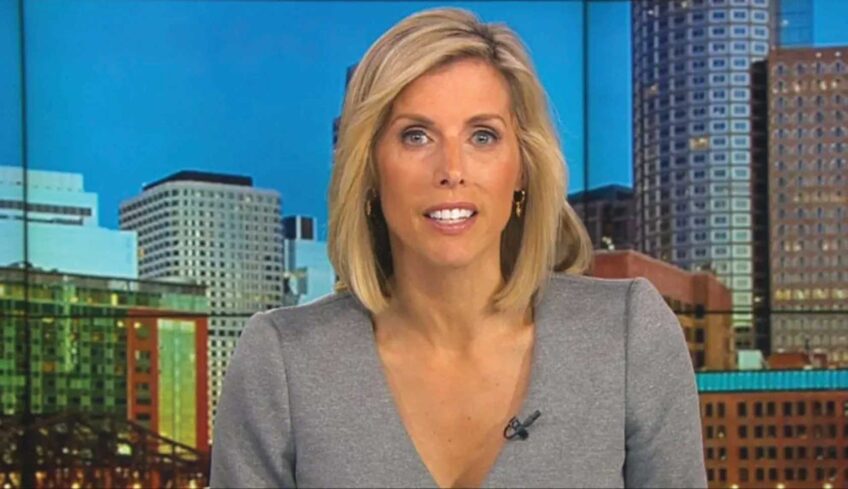It’s a fascinating and bizarre development to watch, an emerging clique of the world’s smartest, snarkiest and data-driven geek-journalists battling for domination as Masters of the Wonkverse. While it’s been happening for some time, recent elections and the constant cycle of fact-checked talking points have created a rather lucrative market place for these startup operations. For sure, many of us political junkies, prognosticators and poll-watchers find it exciting.
Yet entering this new exciting space of journalism is like Spike Lee’s cantankerous “Do the Right Thing” character Buggin’ Out walking into Sal’s Pizza Joint: There are no brothers or sisters on the wall. Despite the unavoidable hyper-diverse culturally driven world we live in, the clear message being put out is that it’s a marketplace where black thinkers, writers and editors need not apply.
What’s intriguing is that the new-school white cats seem just as trapped in black-and-white Twilight Zone episodes as their old-school parents. Through all the hype of Ezra Klein leaving Washington Post’s WonkBlog to find his value with Vox Media and the public salivation that’s taken place over the rebirth of polling Yoda Nate Silver’s FiveThirtyEight (of which, I admit, I’ve always been a big fan since before it razed formulas at NYTimes.com), there hasn’t been any pop-culture quiz on why these new ventures insisted on being ultra-white. When Klein left WashPo, he took as many white dudes as he could ask; Silver is downright gangsta about it as he flashes the refreshed FiveThirtyEight.com like a renewed season of “Entourage.”
They aren’t the only ones. Online progressive incubator Think Progress, famously pointing out conservative crimes against diversity, can’t seem to bring itself to hire an editor of color or three (because one should never be enough). Adventurous rebels of investigative journalism such as Vice (a cable-online hybrid) and the insufferable Glenn Greenwald’s new Intercept project are, for the most part, white-male-led renegade hipster publications.
Not out of the woods yet, but giving lip service in the right direction is former New York Times executive editor Bill Keller, a bit older school, whose Marshall Project is examining criminal-justice trends. He told Richard Prince of Journal-isms that, given the subject matter, which affects minorities disproportionately, “diversity is a valuable asset.” We await the more-than-just-words-part with bated breath.
Diversity has always been — and for a number of reasons still is — the china-crashing elephant in the room that few really want to talk about or address. Lack of black people in the mainstream newsroom is an ongoing phenomena that most — if not all — outlets seem unwilling to fix. Even worse is the lack of black leadership in the newsroom. But, the fact remains that most demographic segments, regardless of background, still rush to bigged-up brand-name institutions as their most reliable sources for news. That won’t and shouldn’t change if you’re a rapacious consumer of information. As a result, people of color should hold these vaunted publications’ collective feet to the fire.
Thanks to the infinite digital galaxy, thought leaders and writers of color can simply circumvent racial foolishness and create their own space. We don’t have to ask them for a seat at the table anymore, right? And like Sal said in Lee’s cinematic classic, “You get your own place, you can do what you want with it.” But, these are the sources we rely on as our daily information navigators. Plus: It’s not like black-run thought leadership is doing the same on that scale. Institutions from the National Newspaper Publishers Association or the Joint Center and even the Congressional Black Caucus Foundation could find funds for data-driven, nonprofit startup efforts just as robust as Pew Research, Brookings or New America Foundation.
And even as the online space is infinite, black-owned commercial-news ventures are either too afraid or too vision-less to jump into creating similar Wonk-driven projects despite the abundance of talent. Others play it safe by spitting out routine rotations of trendy junk headlines and assume that black readers don’t have the appetite for or don’t understand a steady dose of polls, charts and infographics on major policy issues. No one wants to be the smart kid in class out of fear they’ll get jumped after school.
Everyone mentioned here, of course, is rightfully getting called on it. The National Association of Black Journalists pitched an open letter to the startups above. BuzzFeed deputy editor-in-chief Shani Hilton (a sister in a sea of journalism whiteness) eloquently blames the issue on networks and cultural signals failing to connect. Columbia University’s Emily Bell slams the startups on diversity, but focuses primarily on the lack of women in the newsroom — which, for better or for worse, begins to read more like a diatribe from an HBO “Girls” script than a manifesto for diversity fixes.
But, the accusations and predictable mea culpas from The White Guys present a few complex issues that will (predictably) leave the problem unaddressed.
First, when the larger conversation on diversity typically commences, it becomes code for “how do we fill slots for our nagging white female peers?” rather than how we truly make a newsroom more alive with varying degrees of thought. And that doesn’t just mean race or gender; it also means a concerted effort to seek perspectives outside social, academic, economic and neighborhood circles. It’s like the Supreme Court: Must all the judges be trained at Ivy League schools?
Second, the current debate assumes these cats were simply tripping around in their own ignorance and didn’t know any better. Yet, in all seriousness, one can make the argument that as diverse as the present world is (and will continue to be), they should all know better. Maybe you could convincingly make that argument in 1954 or while happily chewing on Cracker Jacks with the fam while geeked out on “The Roy Rogers Show.” But, if they’re truly great collectors and purveyors of streaming data, they should have the tenacity and level of curiosity to have their fingers tapped into the obvious world around them.
Understood: It’s like the high school lunch room, where folks can’t help but gravitate to tables with familiar faces. But, that’s not an excuse. Black journalists, commentators and thought leaders — as active and pronounced as that community is — just don’t seem welcome when they should be. Yet, they’re out there, whether they are Andra Gillespie, Jason Johnson, Cornel Belcher or countless others who toil away on these topics as well as (and sometimes even better than) the white guys do. Time to cut it out.
The Root






